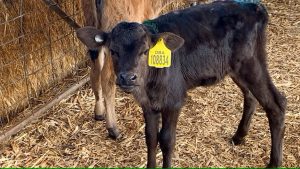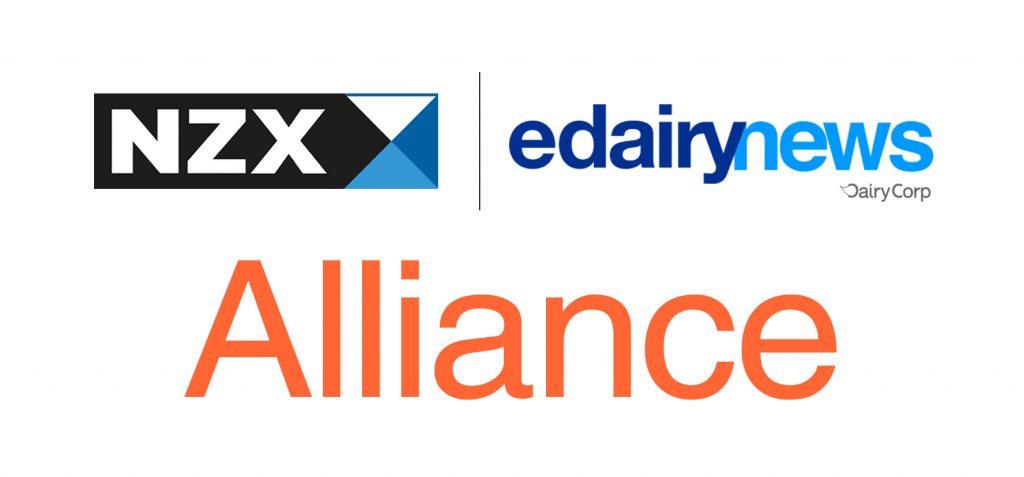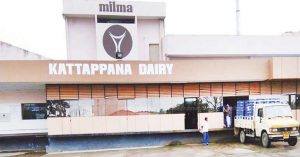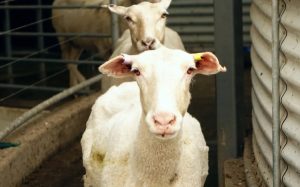Sikkim animal husbandry department’s decision to ‘ban’ milk from other states barely lasted two days.
The department has now relaxed the rule for the bordering areas of Sikkim in North Bengal, allowing milk import ‘on a goodwill basis.’
On January 19, Sikkim had temporarily banned packaged milk from other states. The reason sorted was COVID-19 spread, along with ‘not meeting the quality requirements or inconsistent in their quality standards.’
In retaliation, Kalimpong’s Krishak Kalyan Sangathan wedged a counter by ‘not allowing milk supply from Sikkim to enter Kalimpong-Darjeeling Hills.’
“We will not allow milk from Sikkim to be supplied to Darjeeling-Kalimpong Hills if the Sikkim government bans milk from Darjeeling-Kalimpong on grounds of COVID-19 spread and poor quality,” the organisation told local media.

Over 1,500-2,000 litres of Sikkim milk is availed by people in Kalimpong-Darjeeling. Also, Bijanbari and Algarah, under the two districts of Darjeeling and Kalimpong, supply milk to places in Sikkim like Jorethang (South Sikkim), Rhenock and Rongli (Pakyong district) in East Sikkim regularly…if the government of Sikkim feels that only milk import will restrict COVID spread then we also feel that the milk coming from Sikkim will pose an equal threat,” the organisation added.
Things turned so bad they vowed to involve ‘volunteers’ to stop the milk supply from Sikkim at different border areas between the two states.
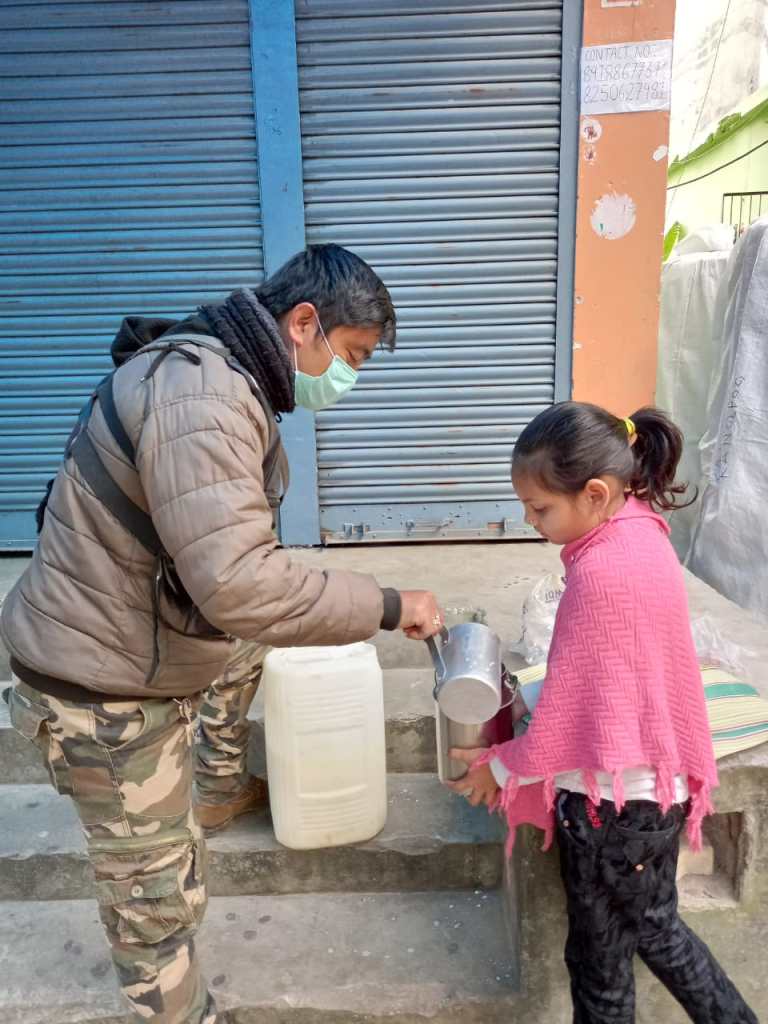
The same evening (January 21), Sikkim government’s animal husbandry department rolled back the decision, with a fresh new notification which stated, “The entry of milk cans from outside the State near bordering areas shall be permitted from January 22, on a goodwill basis through checkpoints of Sikkim ‘only for direct selling to consumers in Sikkim near the borders’ in order to support the livelihood of border areas dairy farmers.”
However, the Sikkim government laid out two conditions:
Dairy farmers shall ensure that milk in cans is supplied to Sikkim near check-post, originates from their cows or farms, and ensure cleanliness and safety of the milk for consumption. In case of any suspicion on quality and compromise on the cleanliness and safety of such milk, the Sikkim government shall take necessary actions to correct the same for further supplies.
Furthermore, the notification asserted, “The milk in cans ‘shall never’ be supplied to the village milk cooperative societies of Sikkim, as certain incentives are available ‘only’ to the members of Sikkim village milk cooperative societies under the Government of Sikkim.”




